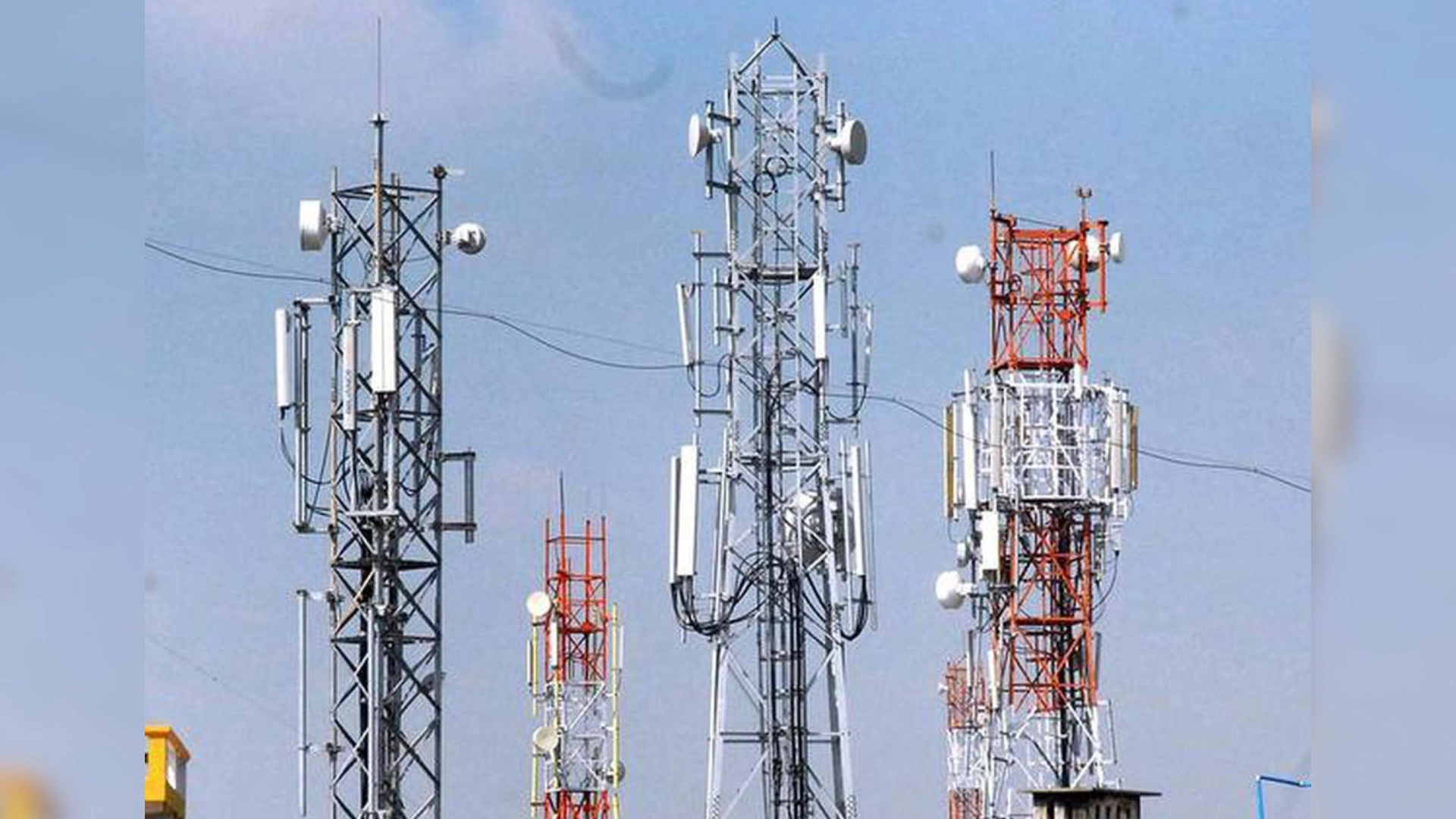The Supreme Court has dismissed a petition to the delimitation of assembly and parliamentary seats in Jammu and Kashmir.
The Supreme Court stated that its decision on delimitation will have no influence on a different batch of cases in which the repeal of Article 370 is being challenged before a Constitution bench.
A bench of justices Sanjay Kishan Kaul and AS Oka said, “Nothing in this judgment shall be construed as giving imprimatur to the exercise of powers under Article 370.” The scrapping of Article 370 giving special status to J&K and bifurcation of J&K into separate union territories of J&K and Ladakh are under challenge before the Supreme Court in separate proceedings.
The bench said, “We have given the rider that the issue of Reorganisation Act is pending before this Court and we have not said anything on the merits of the same. Otherwise petition is dismissed.”
Petitioners Haji Abdul Gani Khan and Mohammad Ayub Mattoo of Srinagar stated that under the Act, only the Election Commission of India (ECI) is authorised to perform the delimitation procedure.
Opposing this, the Centre stated that the Act does not restrict the Central Government from establishing a Delimitation Commission and allows for two other processes to carry out delimitation for the Union Territory.
The government said, “Sections 61 and 62 of the 2019 Act do not preclude the establishment of Delimitation Commission by the Central Government under Section 62 of the 2019 Act. By virtue of Sections 60-61, while the power to determine delimitation is conferred on Election Commission, Section 62(2) and 62(3) confers powers to carry out delimitation on the Delimitation Commission constituted under Section 3 of the Delimitation Act”.
Pointing to the language of the 2019 Act, the Centre pointed out that it says “…delimitation of the constituencies may be determined by the Election Commission” and that “readjustment of the constituencies…shall be carried by the Delimitation Commission…”. The “usage of express ‘may’…signifies a non-mandatory responsibility/power of the Election Commission to carry out delimitation and…usage of the expression ‘shall’ confers mandatory responsibility on the Delimitation Commission to carry out the delimitation”, the government contended.
The petitioners also contended that the delimitation exercise could not be carried out based on the 2011 census but must be carried out in accordance with the 2001 Census or wait for “the first census after the year 2026.”
The Centre, however, said, “The government’s idea was to immediately give democracy to the newly-formed Union Territory… For that to wait till 2026 or to do it as per 2001 was found to be legislatively unwise”. The Centre added that the marginal note to Section 62 of the 2019 Act also provides that “Section 62 is for the limited purpose of delimitation to be carried out in terms of the 2011 census”.
The three-member delimitation committee finalised the UT’s new election map on May 5, last year, allocating 43 seats to Hindu-majority Jammu and 47 seats to Muslim-majority Kashmir. As a result, the strength of the J&K Assembly was increased from 83 to 90.





















